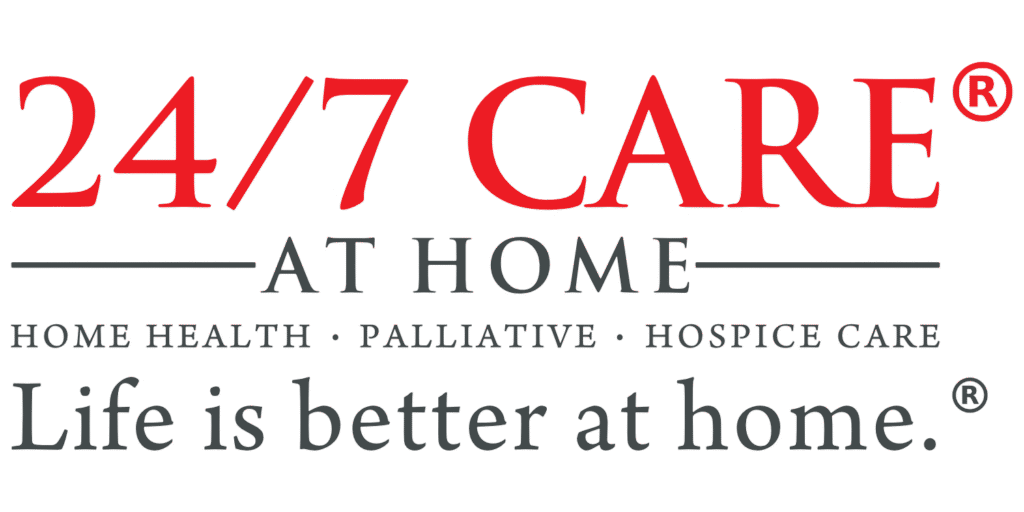Managing Behavioral Changes and Agitation in Dementia | Tips & Home Care Support
Dementia can cause behavioral changes like agitation, anxiety, or aggression. These symptoms are often triggered by environment or unmet needs. Identifying and addressing the root cause can ease distress and improve life for both patients and caregivers.Dementia often brings challenging behavioral changes, including agitation, anxiety, restlessness, and even aggression. These behaviors are not intentional but are symptoms of the disease, often triggered by environmental factors or unmet needs. Understanding these triggers and responding effectively can help manage agitation and improve the quality of life for both patients and caregivers.
Common Triggers of Agitation in Dementia Patients Several factors can contribute to agitation in dementia patients, including:
- Changes in routine or surroundings – Moving to a new environment or altering daily habits can cause confusion and distress.
- Overstimulation – Excess noise, bright lights, or crowded spaces can be overwhelming.
- Fatigue – Lack of rest can increase irritability.
- Physical discomfort – Hunger, thirst, pain, or the need to use the restroom can lead to frustration.
- Emotional distress – Feelings of confusion, fear, or loneliness can trigger agitation.
Effective Strategies to Prevent Agitation in Dementia Care To reduce the chances of agitation, caregivers should focus on creating a calm and structured environment. Some effective strategies include:
- Maintain a Consistent Routine – Keeping a predictable schedule for meals, activities, and sleep helps provide a sense of stability.
- Minimize Noise and Distractions – Reduce loud sounds and clutter to create a peaceful setting.
- Monitor Physical Needs – Ensure the individual is comfortable, well-fed, and hydrated.
- Avoid Known Triggers – Identify and modify situations that may cause distress, such as busy social gatherings.
- Encourage Light Physical Activity – Simple exercises like walking or stretching can help reduce restlessness.
- Provide Reassurance and Comfort – A calm voice, gentle touch, and reassuring words can ease anxiety.
How to Respond to Agitation in Dementia Patients Despite best efforts, agitation may still occur. How caregivers respond can make a significant difference:
- Stay Calm – Speak in a soothing tone and avoid arguing.
- Validate Their Feelings – Acknowledge their emotions instead of correcting them.
- Redirect Attention – Engage them in a favorite activity or offer a comforting distraction.
When to Seek Professional Help for Dementia Agitation If agitation becomes frequent or severe, consult a healthcare professional. Medical issues such as infections, pain, or medication side effects may contribute to behavioral changes. A doctor may suggest treatments, including medication, but non-drug approaches should be tried first. The Role of Home Health Care in Managing Dementia Professional home health care services provide essential support for families managing dementia care. Trained caregivers help establish routines, ensure comfort, and offer personalized care to reduce agitation. Caring for a loved one with dementia is challenging, but with patience, understanding, and professional support, agitation can be managed.
24/7 Care At Home offers expert guidance and hands-on assistance, helping families navigate dementia care more effectively. A stable routine, a calm environment, and compassionate responses are key. Since every individual is different, flexibility is essential. If you need support or want to learn more about how professional caregiving can help, contact 24/7 Care At Home today for expert guidance and compassionate care tailored to your loved one’s needs.






